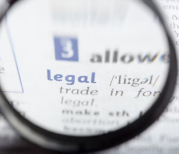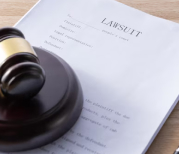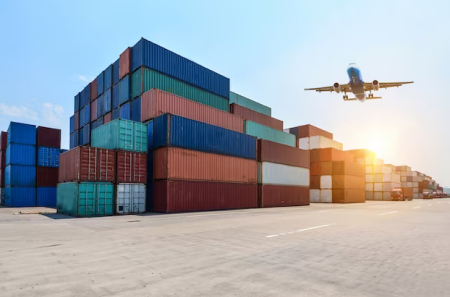Legislation
2customs enables customs declarations and other documents to be managed electronically, which reduces paper -based operations and increases data accuracy. In this way, the document processing time is shortened and the customs process is completed more quickly. In addition, 2customs helps businesses to comply with customs legislation. It follows the legislation changes, provides up -to -date information and enables enterprises to act in accordance with legal regulations. This reduces the legal risks of enterprises and reduces the likelihood of encountering criminal sanctions.
2customs also offers transparency and traceability to businesses in customs clearance processes. The platform allows you to manage all customs procedures together and allows you to follow every step of the customs process. This gives businesses the ability to quickly detect and solve delays and problems in the customs process.
Thanks to 2customs, businesses can manage customs clearance processes faster, more efficiently and more safely. Time saves, supports in harmony


Tariffs and Trade Barriers
Changes in import/export tariffs, quotas or trade barriers can affect the cost of goods, access to the market and competitiveness. Governments apply new tariffs, increase existing tariffs, or bring non -tariff barriers such as import license requirements or technical regulations. These changes can disrupt the supply chains, affect pricing strategies and require businesses to adjust trade applications.
Tariffs and Trade Barriers
- 2customs provides up -to -date information about import/export tariffs, trade agreements and trade barriers regulations.
- It is integrated with customs databases and trade pools to follow changes in tariffs and regulatory requirements. This enables businesses to be informed about pricing, market selection and supply chain optimization and make strategic decisions

Customs and Border Controls
Compliance with customs regulations is critical for transactive trade trade. However, complex customs procedures, documentation requirements and different interpretation of regulations between countries may cause harmony risks. Mismatch causes customs delays, penalties and even the goods to be confiscated. Having information about customs laws, maintaining the right documents and partnership with customs experts or intermediaries helps to reduce these risks
Customs compatibility
- 2customs automatizes customs compliance processes by creating accurate and complete customs documents such as commercial invoices, packaging lists and customs declarations.
- The truths according to customs regulations ensure that they comply with import/export controls and the correct classification of the goods.
- The application also reduces manual errors and facilitates customs procedures by facilitating the electronic delivery of customs documents.

Export controls and sanctions
Governments apply export controls and sanctions to protect national security, prevent the spread of weapons or to eliminate political or human rights concerns. Exporters are obliged to comply with the restrictions on the export of certain goods, technologies or services to certain countries or individuals/organizations.
Failure to follow can lead to serious legal and reputation consequences. In order to manage these risks, it is essential to understand export control regulations and make a comprehensive situation detection about customers and business partners.
Export controls and sanctions
- 2customs controls customers and business partners and operations thanks to the export control module.
- Automates the compatibility process, mark potential risks, and creates warnings for further research.
- The application also offers a solid compliance framework by keeping the audit trail of export activities.

Data Protection and Privacy
Collection, storage and transfer of personal and sensitive data is subject to different regulations between the judicial regions. Inadequate data protection measures or data privacy laws such as the EU's General Data Protection Regulation (GDPR) are not complied with, fines, legal transactions or reputation of enterprises. In order to reduce the risks related to data, it is necessary to implement solid data protection policies, to ensure safe data processing practices and to comply with the current laws of confidentiality
Data Protection and Privacy
- 2customs helps businesses comply with data protection and privacy regulations by applying data management and encryption features.
- Provides safe processing of personal and sensitive data, applies data access controls and activates the data owner's approval management

Compliance with the legislation and reporting
Various regulatory frameworks and reporting requirements such as financial regulations, product safety standards, environmental regulations and anti -corruption laws manage foreign trade. Mismatch causes legal penalties, loss of reputation, or work deductions. In order to reduce these risks, it is very important to create solid adaptation programs, to make regular inspections and to be aware of the relevant regulations.
Compatibility and reporting to the legislation
- 2Customs offers a central platform to manage the requirements of compliance with the legislation in the field of more than one judicial.
- Automates compatibility tasks, facilitates internal controls and creates reports for regulatory reporting purposes.
- The application also integrates with financial systems to provide accurate and timely financial reporting and helps enterprises to meet legal requirements.

